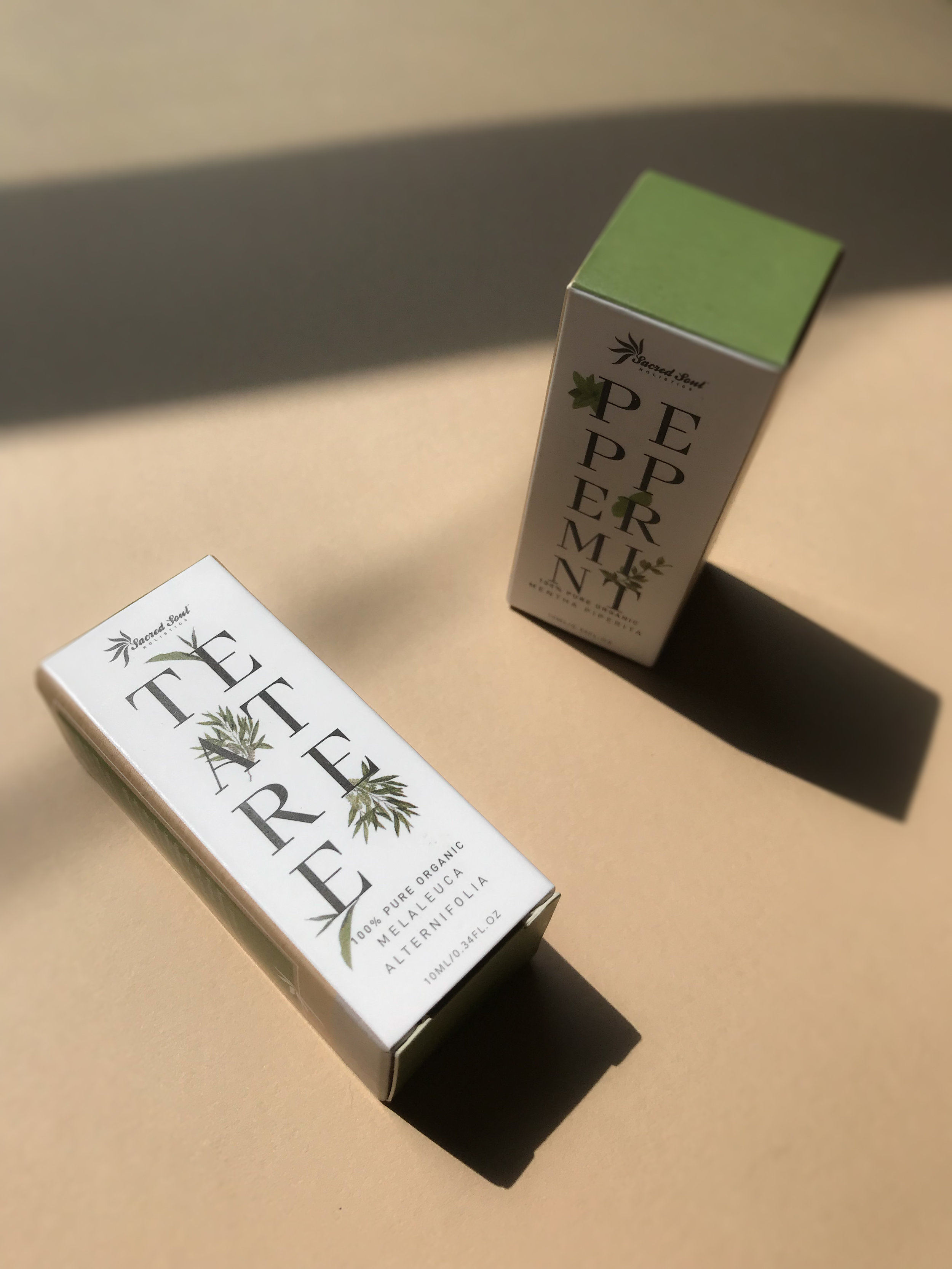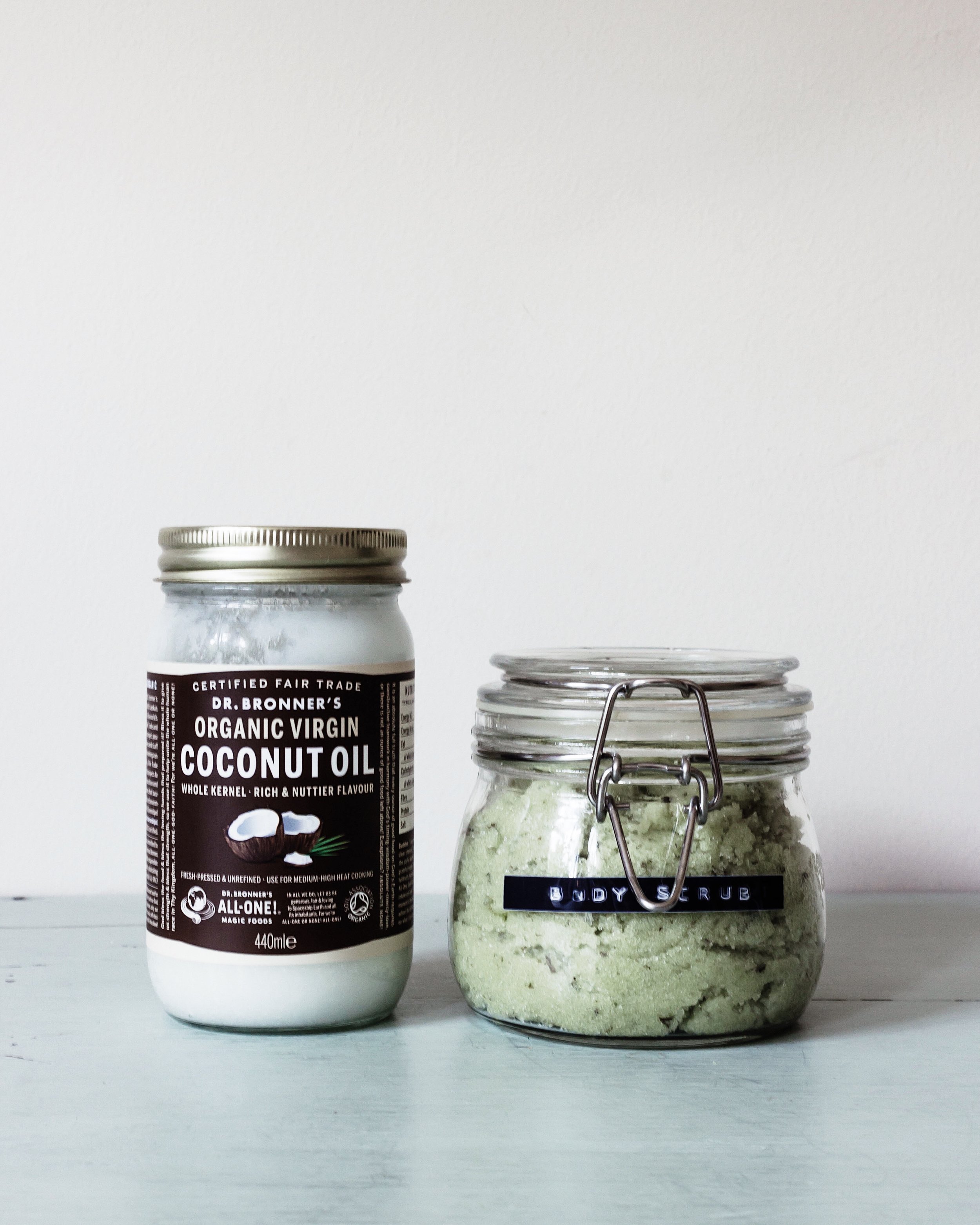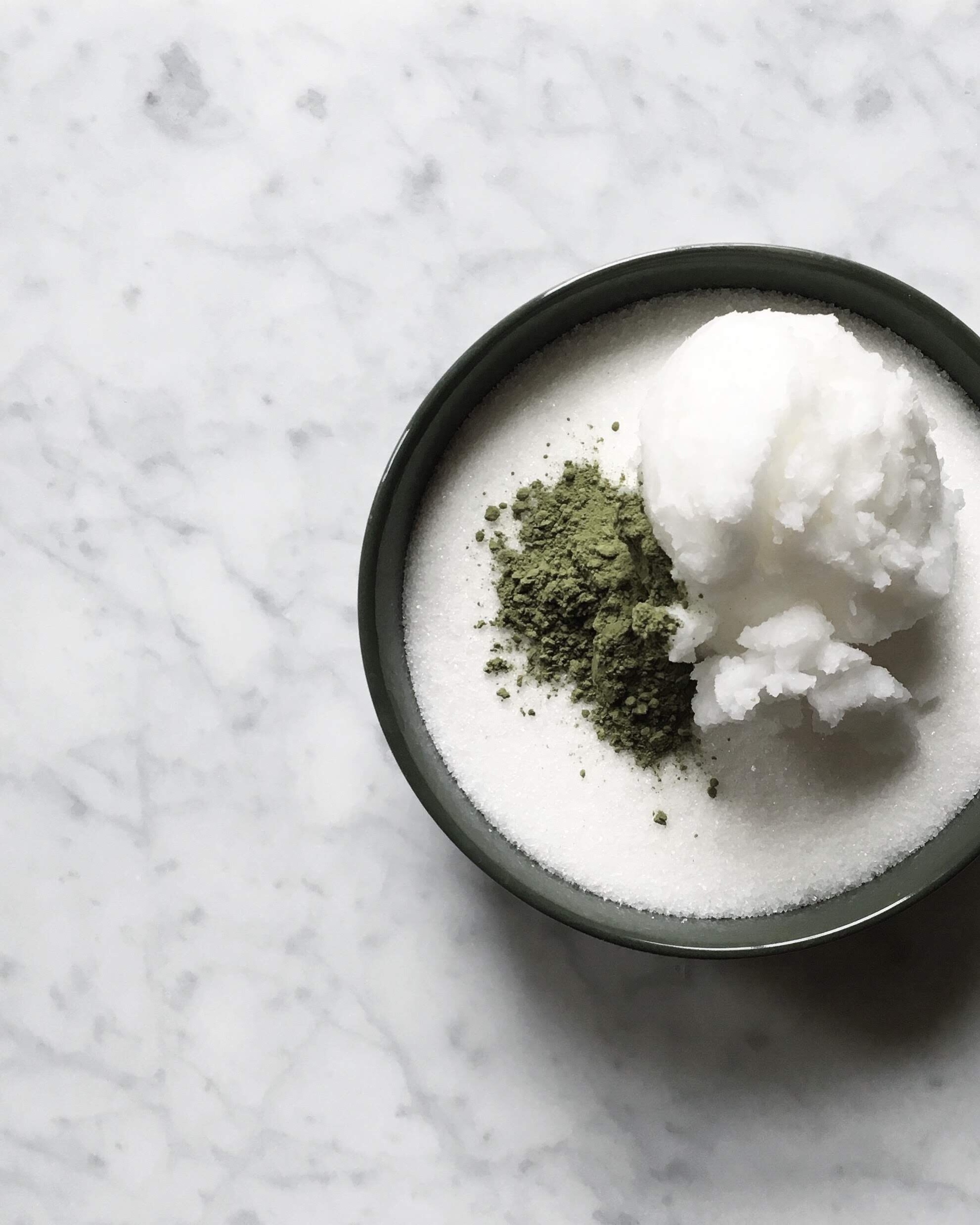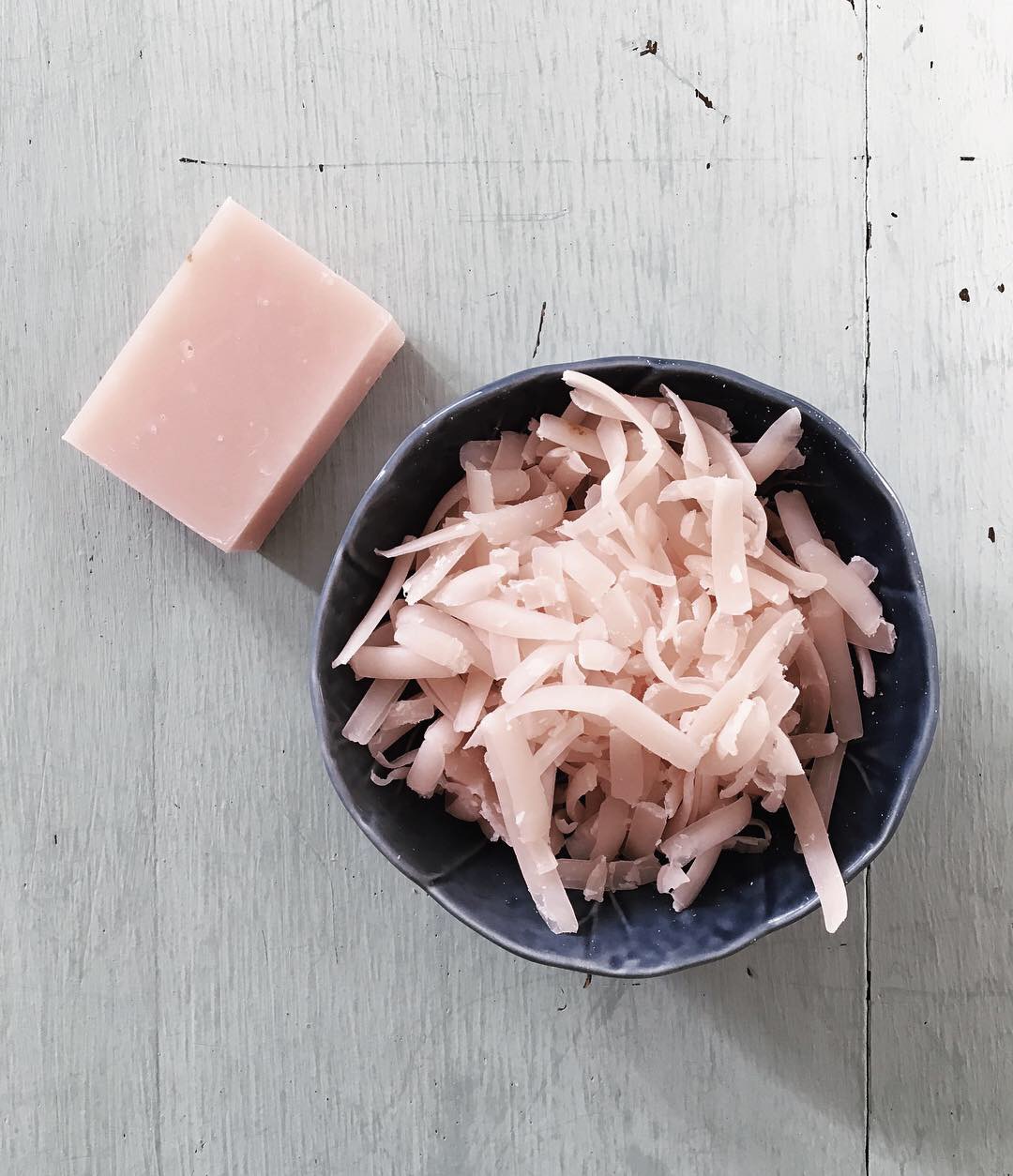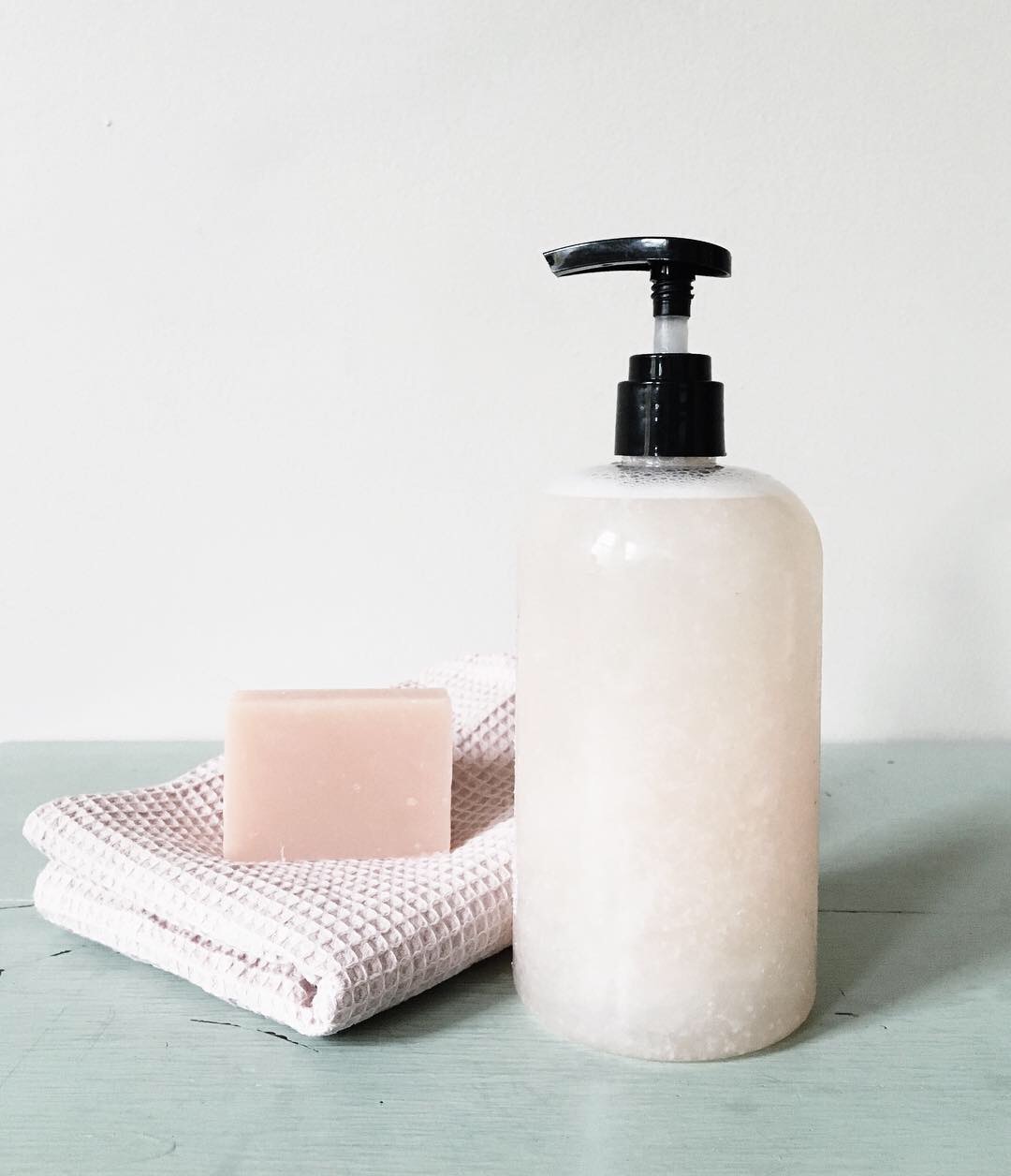LETTERS of ARA
An online journal & newsletter, exploring areas of influence & interest for Ara the altar.
Plastic Free Pearly Whites
As part of Plastic Free July, I share my plastic free dental care routine including a simple DIY mouthwash recipe
As part of Plastic Free July, on Instagram throughout the month I’ve been sharing a few things that help to minimise my daily reliance on plastic.
When it comes to looking after the pearly whites, a bamboo toothbrush has been a solid part of my dental care routine for a good few years now. They’re so handy for me to repurpose in the workshop too.
Finding the right toothpaste fit was bit more of a journey. I really like the Georganics English Peppermint Toothpaste. In attempt to further minimise waste I did have a little a stab at making my own toothpaste. Long story short, it was not for me. I found the required amount of baking soda made it too salty and I couldn’t stick it out. This led me to have a little dabble with toothpaste tablets which I’ve been using for a fair few months now. You pop one in, give it a good chew (which took me a while to get used to), and then brush as normal as it turns to a paste. They create so little waste/mess and I love that you can buy them in bulk and keep in your own container.
I’d also been thinking about making my own mouthwash when the perfectly timed Rachel of The Foraged Life popped up in my Instagram stories with a little DIY recipe (thank you, Rachel!). It’s a really good base that I’ve tweaked just a little along the way to suit my taste etc. It’s so simple I thought I’d share with you what’s now part of my routine in case you want to give it a try. You can also find Rachel’s original recipe here (amongst lots of other helpful info for eco-friendly living).
DIY Mouthwash
Ingredients:
peppermint essential oil - the essential oils I use for everything (including cleaning etc.) are from Sacred Soul Holistics - they are organic and the packaging is dreamy
tea tree essential oil
baking soda - if you don’t have a local bulk store, Zero Waste Club (UK) supply this online, plastic free
filtered water (I don’t have a water filter so before using, I boil some water and let it cool)
a glass bottle - my spherical bottle is from a local supplier, Wares of Knutsford
funnel (this is optional but makes life a little easier, no need to buy one though - I made this from a piece of scrap paper and some washi tape)
Method (to make approx 400ml)
Step i)
Prep your water & pour into your glass bottle with a little room to spare
Step ii)
Add a few teaspoons of baking soda using the funnel. I have found that too much of this can make the solution taste salty so I’d suggest going slowly with this and see what works for you
Step iii)
Add peppermint oil to taste (the more the merrier for me - I add around 20-25 drops)
Step iv)
Add tea tree oil. Not a huge fan of the taste but it’s worth sneaking in for its antibacterial properties (around 10 drops)
Step v)
Shakey shakey
I hope that you have found this little post of use or at least of mild interest! I feel like I’m mostly there with my plastic free dental care routine but I’m still on the lookout for some biodegradable, vegan floss.
Let me know if you give the recipe or any of the products a go. If you have any other recommendations I’d love to hear them.
Lauren
☾
Navigating a Low Waste Lifestyle with Elsa Lindholm
An interview with Elsa Lindholm, MSc in Environmental Entrepreneurship, exploring the critical findings of the IPCC report and advice for anyone thinking of taking steps to minimise their environmental impact.
Images by Elsa Lindholm
Attempting to navigate your way through a low waste lifestyle can be a little daunting and even overwhelming. For me, Instagram has been a great resource for knowledge, encouragement and support and I find it to be an invaluable place via which to share experiences and learn from others who are taking steps in their daily lives to live in a less impactful way. To support my own low-impact approach, I follow a number of inspiring individuals, one of whom, is the lovely @elsaannukka
With an MSc in Environmental Entrepreneurship, Elsa is passionate about the notion of a circular economy. I was particularly drawn to the hands on, DIY approach adopted by Elsa. As well as documenting her own low waste approach with beautiful imagery, Elsa also manages a social media campaign #roamresponsibly, raising awareness to preserve Scotland’s stunning and unique landscapes, something that is of great interest to me, particularly given my own infatuation with the Scottish highlands.
Elsa and I initially connected over an affection for bar soap, having both left behind liquid shampoo, and more recently we shared some thoughts over our mutual disheartened response to the October 2018 IPCC report, within which the world’s leading climate scientists warned that we have only 12 years left to limit the climate change catastrophe ahead.
I was really interested to learn more about Elsa’s approach to low waste living and to gain a little insight from her unique perspective, for anyone thinking of taking steps to lessen their environmental impact.
☾
Elsa – thank you so much for taking the time to speak with me for Letters of Ara. In the first instance, please can you tell us a little about yourself and what led you to embark on your low waste lifestyle.
Lauren, thank you! I am very honoured to get to be a part of Letters of Ara. I admire what you and your business stand for - so much thought has gone into everything you produce and share!
Originally from Finland, I moved to Glasgow six and a half years ago to study Earth Science and then continued to do my masters in Environmental Entrepreneurship. Quite early on in my life, I came to realise how strongly we depend on our environment and became concerned about our impact on the environment. My dream was to study and work in the environmental field and that’s where it all started. At university I worked on a couple of sustainability projects with local businesses and organisations and loved the hands-on approach and helping these businesses and organisations to get a step closer to sustainability.
When my partner got a job offer in Birmingham and we moved into our own place, I was inspired to really start thinking about the way I (and we) live, how I could change my lifestyle and lower my impact on the environment. Sharing my journey with family, friends and followers felt like a great idea and a chance to perhaps inspire, help and encourage others to make a change too. I now work in a digital start-up and spend my free time sharing about my journey towards a more sustainable lifestyle.
What do you feel most positive about having taken steps in your life to minimise your environmental impact?
What I find the most rewarding is seeing people around me start thinking about lowering their environmental impact. I sometimes get messages from friends telling me that they have made such and such zero waste swap after seeing my Instagram or blog posts - that is incredibly heartwarming. I used to be quite sceptical about the amount of power one person’s actions can have, but now strongly believe the old cheesy saying to be true: ‘Many small streams make one big river’. If I can make one person think or even change their lifestyle with one of my posts, that is a positive change. There are so many wonderful entrepreneurs and small businesses, like yourself and Ara the altar, driving change and promoting more sustainable values. I feel we can and already have made a change togeth
Whilst you manage to make it look effortless (!) what have you found the most challenging aspect of adopting a low waste approach?
Having grown up and lived a quarter of a century in a highly consumerist society, it is sometimes really difficult to make the right decisions. Taking a low waste approach has required me to change many of my habits and really fundamentally change the way that I think. It can be time consuming and expensive to find the right kind of products and frustrating when you realise that often the perfectly sustainable alternatives just don’t exist yet. I am not saying this to put anyone off, but many times I have come to realise how sustainability is not at all black and white - it is mostly grey, and with every decision I make, I try to weigh the different types of impact that my decision has. It can be hard work sometimes but it does get easier and helps you to be more mindful about everything that you do.
What would be your advice for anyone wanting to lessen their impact?
When you have lived a good bit of your life with certain habits, it can be tough to break them or to be open to trying something different. I laugh at this now, but at the start of my zero waste journey I was certain that I would absolutely hate using bar soaps and shampoos and that they would not work. However, I decided to give it a go and try for a couple of months before making my mind up - turns out bar soaps are fantastic! I love them now. So, leave aside your prejudices and give it a go!
I would also recommend tackling one thing at a time. You want to be able to make changes in your lifestyle that will last and I think the more stable and sustainable way to make these changes is to slowly ease yourself into it. I did the Marine Conservation Society’s #GoPlasticFree challenge last July and noticed that even though I had a lot of time on my hands, I could not change everything all at once. I decided to go about it step by step and that has been really helpful. A good example would be trying to minimise plastic food packaging: I started with buying loose veg and fruit and once I got into the habit of that I started buying my dry cupboard foods plastic free, then meat etc.
Given your passion for a circular economy, do you think that we are seeing a change in supplier behaviour or consumer demand towards a more circular economy mindset?
I think we are moving towards the right direction, but at the moment we seem to be stuck in a recycling-focused mindset. Recycling is a great way to keep a material circulating and to minimise the amount of virgin materials needed in production, but recycling also requires energy (although usually less energy than using virgin materials) and most of the materials that we use cannot be recycled indefinitely.
If we want to be more circular, we of course need to consider recycling as an important part of the whole circular system, but we also need to consider the other steps of circular economy, like sharing, reusing (second-hand as an example of this is luckily becoming more and more popular), repairing, remanufacturing, refurbishing and, most importantly, circular design and offering products that will last and can be repaired and remanufactured. A good example of this is my recent search for a food processor. I have been putting off buying one, because I don’t really want to buy something that works for a year and then breaks. Repairing it would probably cost more than buying a new one or, even worse, it could be impossible and I would be left a piece of junk that I now need to try to recycle in one way or another (if I have the correct services and facilities accessible to me to do that).
I believe we will get there but circular economy requires rather drastic changes to be made, so it will take time.
Following the release of the critical IPCC report what, if anything, do you think that we as individuals can do?
That is an excellent question. As I discussed with you at the time, when the report came out, I felt and still feel quite powerless in this situation. Our climate is changing scarily fast: according to the IPCC report, it is likely that we will reach 1.5 C warming between years 2030 and 2052 - that is potentially just 11 years away! The report also emphasised how limiting global warming to 1.5 C, instead of 2 C mentioned by the Paris agreement, would have significantly more manageable impact worldwide. Still a huge impact, but not quite as devastating.
So, we need to move fast and in order for that to happen we need to get our governments to act. How can we do this? I am going to be honest: I am not at all sure. Talking about climate change more would certainly make a difference. We humans have the ability to forget things quickly - both blessing and a curse. We tend to joke or mention climate change in passing, when we encounter symptoms of it, but the next day we have moved on. The current world politics really don’t help much either.
I would encourage everyone to talk about it with your friends and family, make decisions in your own life to lower your carbon footprint and maybe even get involved with a relevant organisation. Make sure that whenever you have a chance, you try and affect decision making. The 15-year-old, Swedish Greta Thonberg is a great example of how just a regular person can have a voice and make a difference by speaking up and demanding more to be done to protect the planet that we all depend on.
I love the notion of #roamresponsibly, please can you tell us a little more about this. What can people do if they want to get involved?
Scotland is one of the handful of countries in the world that has such wide Outdoor Access Rights, which means that everyone has the right to enjoy nature in Scotland. About two years ago, Scotland’s Instagrammer community was becoming increasingly concerned about degradation of natural sites. An increased amount of visitors and traffic had already caused visible erosion, damage to nature and increased the amount of waste that is left behind. Instagram is a powerful trend setter and there is no doubt that it also helped to increase tourism in Scotland. I felt that the community clearly had power to influence people’s choices, so why not use that for something good and promote how we can enjoy Scotland’s beauty it in a more responsible manner. That’s when I put the campaign together with the help of a couple of fellow Instagrammers. I put together a charter, which many Scotland’s Instagrammers signed and also put up a website and Instagram account for our campaign. We managed to partner up with some great businesses and organisations and I am hoping that we get to partner up with many more this coming year.
I am currently in the process of planning a new campaign for the summer and if you are a business or organisation and want to be involved, please contact us through www.roamresponsibly.com. If you are an individual, I would love to hear your stories about how to enjoy time outdoors and travel in Scotland more responsibly and sustainably. You can get in touch with us either through the Roam Responsibly website or Instagram and use the hashtag #RoamResponsibly.
Is there anything that we can bear in mind to ensure that we remain responsible wherever we roam?
Every action we take has an impact. Understanding how important nature and the environment are to us is key. Never leave a trace, is probably the most effective piece of advice to bear in mind. Don’t leave rubbish behind and don’t disturb or hurt nature or wildlife. Also, respect people around you, those who live in the area that you may be visiting and get their livelihoods from the land that you are walking on. Perhaps, you could set yourself a goal of doing a 2-minute beach/pathway/roadside clean everywhere you go, even in a park near you. We get so much good from nature and we really ought to also give something back and not take it for granted.
☾
Thank you so much to Elsa for sharing her time with me and Letters of Ara. You can follow Elsa’s journey via her Instagram and website.



